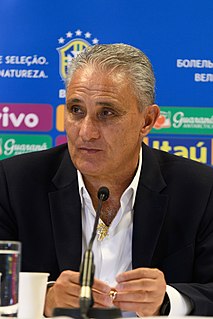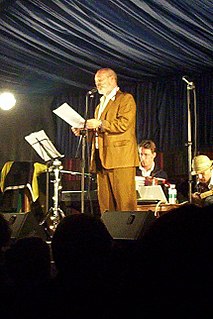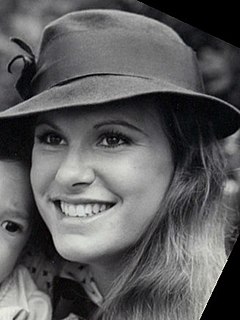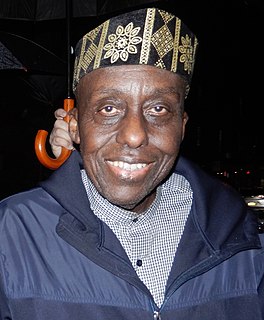A Quote by Quincy Jones
When I was about five or seven years old my mother was placed in a mental institution and so we were with our father who worked very hard, and we had to figure a lot of things out.
Related Quotes
I was writing - at least beginning to write Boston Boy and there were a lot of holes in my so-called research. I didn't know the towns my mother and father came from in Russia. I didn't know the name of the clothing store I went to work for when I was 11 years old. I didn't know a lot of things. So I called for my FBI files, not expecting to have that stuff there, but I wanted to know what they had on me.But they did have the towns my mother and father lived in in Russia. They had the grocery store I worked in when I was 11 years old.
My mother was Welsh and I loved going to Wales every summer, where Uncle Les had a farm. My mother had seven brothers and a sister and they were all very close. There would always be food on the table and uncles coming in and out. My father's family were English and lived in London, and we didn't really see them.
I believe the person who was out conquering the world, who was out fighting in the world were our fathers, so to have them come... I adored my father more than anyone in the world, but my father had more advice on work policies and how to get a job and how to survive in the work environment than my mother because my mother never worked outside of the home. So I think the support of fathers is very important.
To me, acting is very therapeutic. I get out a lot of anger and frustration. It's maybe hard to believe, but as a kid I really had a lot of self-doubts. My father was very ill - he was an alcoholic - so there were a lot of things that built up for me. And because I was going to a Catholic school in a small German town, a lot of it was suppressed. I was angry and didn't know how to get it out.
My mother is a huge fan of my work. I told her about 'Coraline' long before the film was made, and she got the book and read it. She reminded me that when I was about five years old, I used to sit in the kitchen for hours and talk about my 'other' family in Africa, my other mother and father. I had totally forgotten that.
In 1948, I began coaching basketball at UCLA. Each hour of practice we worked very hard. Each day we worked very hard. Each week we worked very hard. Each season we worked very hard. Four fourteen years we worked very hard and didn't win a national championship. However, a national championship was won in the fifteenth year. Another in the sixteenth. And eight more in the following ten years.




































